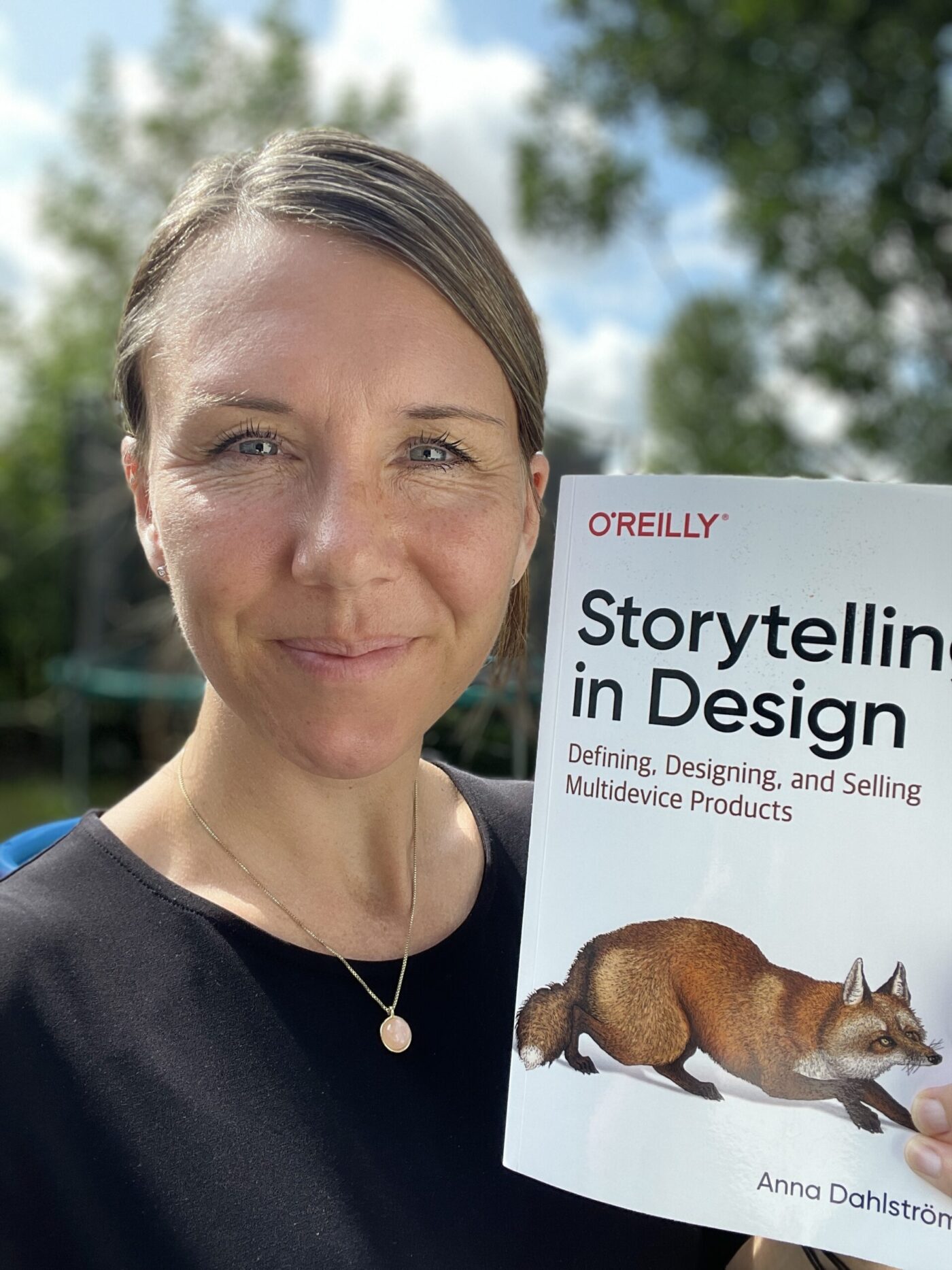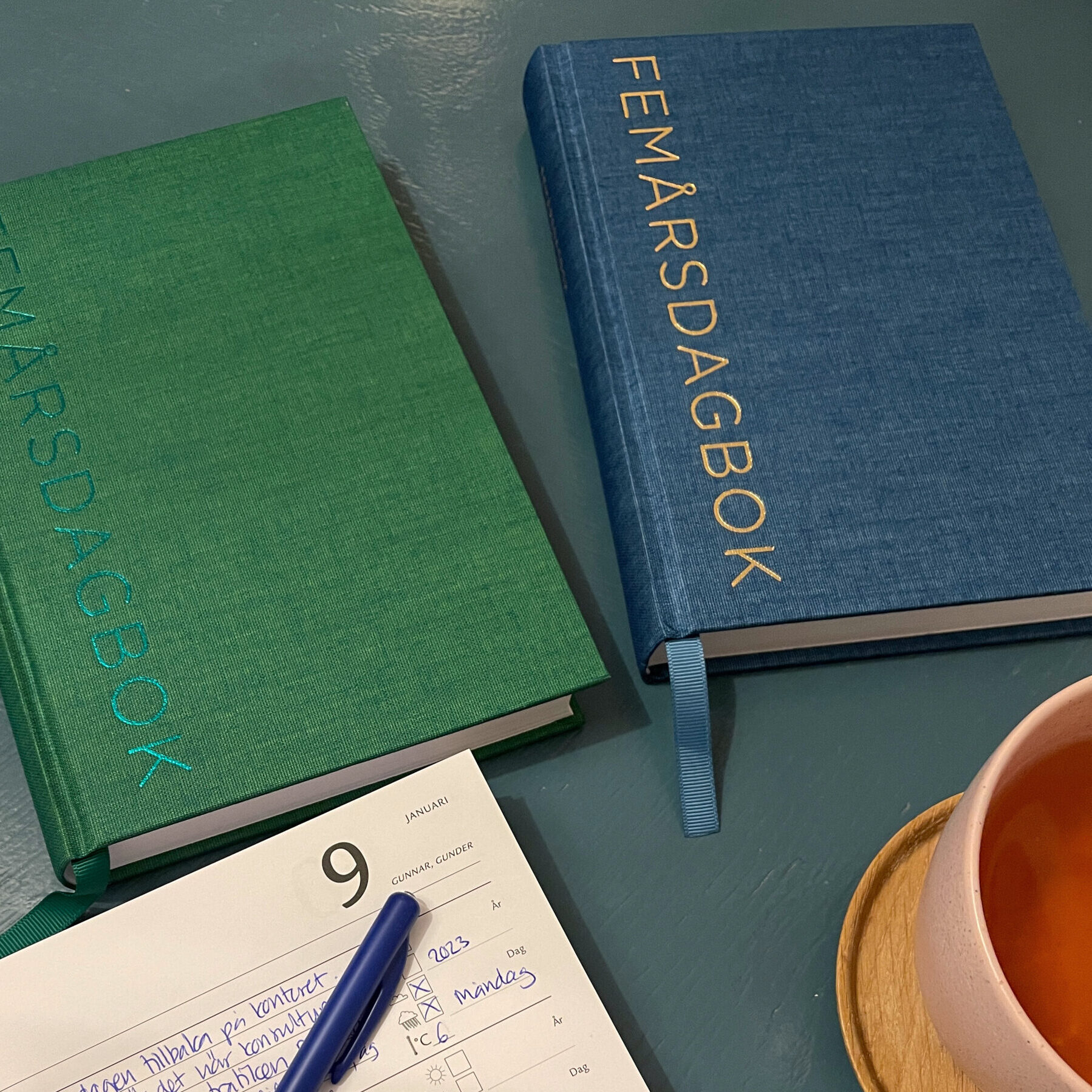Looking back at my years doing what I do there is one thing that stands out more than anything in terms of what I’ve found the most valuable and rewarding. And that’s having a good mentor to learn from and bounce work with.
In 2007 I started working agency side for the first time. In my previous jobs I’d either been in house, worked with pretty much one client, or as a consultant so going agency side was a big shift. Being in a really fast paced environment and working on a variety of projects – and clients – really pushed my skills. I learnt a lot during my first year. Both in terms of the actual work I did, how to present it and prioritise my time and effort, but also how to deal with and “manage” less ideal situations. My line manager and mentor was critical in guiding me through this period. We used to meet up once a week and chat through how the week had been, any good/ bad things that had happened and then we used to share work and talk it through.
Sharing and talking through work
Sharing and talking through work is the aspect that had the biggest impact on developing my hands on IA and UX skills. The projects I’d worked on before starting agency side had been less creative. How it was done used to follow the same templates for sitemaps, flows, wireframes etc. so in terms of how I did my work I hadn’t yet found my style or been that challenged. Due to the nature of the projects the focus had been much more on the functional side rather than the strategic. Going agency side, though a lot of the deliverables I did was still very functional, there was an integral strategic aspect in every project. From the initial thinking behind the work I did to how that thinking as well as the more functional deliverables were presented.
Many of the sharing work conversations we had were around how to present IA and UX thinking. Both so that the client got it, actually read it and bought into it, but also so that the internal project team was happy. Though the latter wasn’t the end goal, championing IA and UX and the role it had within the agency involved selling IA and UX work and getting the other areas of the company almost as excited about IA and UX as our department was. If they didn’t see the value neither would the client as the work simply wouldn’t get done or shared. So, having my line manager and mentor review my work, as well as talk me through work they had done, was a key part of our sessions. It helped me find my way through doing more strategic UX work and present it in a visual way. And for skills development I highly recommend it.
Listening & discussing
Another key role that my mentor played was listening to me. Both talking through work but also about everything else around it. I know some say that a mentor should not be someone you vent your frustrations on and to some extent I agree. Mentor sessions are supposed to be constructive and further development. Just venting will not achieve that. However, constructive “venting” will.
A good mentor is there to help guide you and part of that is listening to and understanding aspects that you may be frustrated or struggling with. Being frustrated is all part of learning, growing and finding your way. At times I used to get quite worked up over internal processes and the less ideal situations that naturally arose from working in a fast paced agency environment. Through my line manager and mentor I learnt how to deal with and manage that. I gained perspective, a deeper understanding of the business side, what battles that are worth fighting and how to do it in a constructive way. Sometimes I needed to vent a lot. Other times I’d just ask for advice, or help. But sharing my frustrations and talking about how to address them was a key part of my learning process.
Three key aspects
No matter what stage I’ve been at in my career, having a good mentor has been really valuable. We never stop learning and are hopefully constantly faced with new challenges. As I started line managing and officially mentoring others there were new aspects I needed guidance on and similarly, when I was getting my startup off the ground I was constantly faced with new situations and challenges a mentor, or actually mentors are critical.
Throughout all of this there are three key aspects to how my mentors have helped and continue to help me and that’s by listening, guiding and directing. What ever stage you’re at in your career you can always benefit with someone who can do just that. Some one who for example can:
[list type=”arrow”]
- Listen to you talk through work, explain a problem or situation that you are faced with.
- Guide you in the right direction with work, decisions, your career, suitable training, contacts, and how to deal with work related situations.
- Direct you by being honest with advice and feedback, be it about your work, decisions, ideas, management, leadership or other business skills.
[/list]
Find a mentor & be one
All of the above helps you grow as an individual and professional and in my opinion, a mentor is the best thing you can have to further your career and personal development.
Having a mentor should never be seen as something negative and if someone suggest that you should have one, take it as a positive. It means that they want to help and invest in you. If you work doesn’t provide a mentor ask for one, and try to find one on your own. A mentor can come in many different forms and doesn’t necessarily have to be someone who’s been explicitly assigned to be your mentor. It can also be an informal mentor relationship through a peer or with a more senior person.
But make sure you have one and that you use them. There is so much to learn from others. And try to mentor others if you can. Just as teaching gives a lot back, so does mentoring. You will learn as much from the person you are mentoring as that person will learn from you.
Image source: https://www.flickr.com/photos/aforero/1428072476


